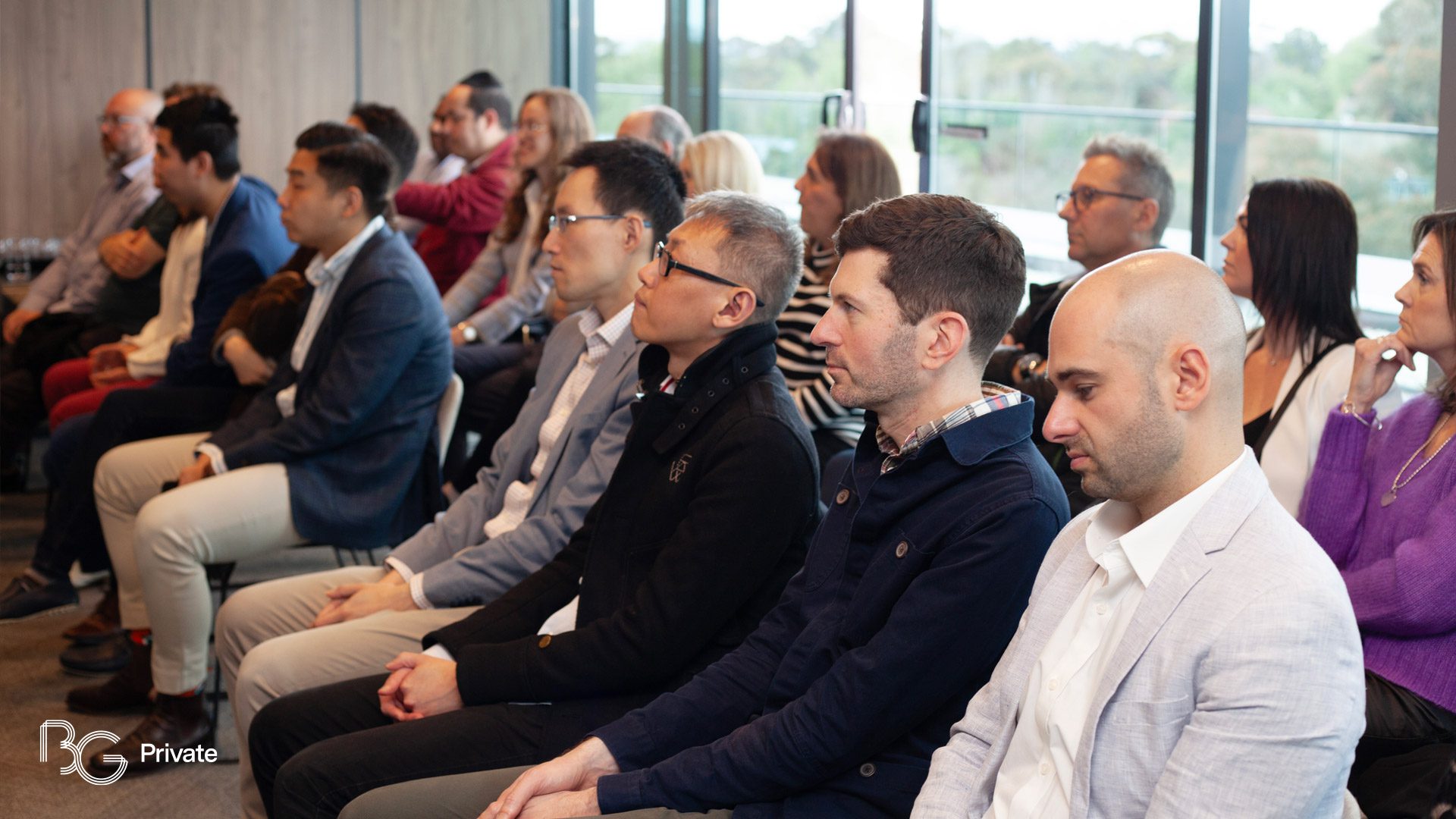9 things to know about your HELP debt
During high-inflation periods (like now), your HELP debt can grow significantly. Here is everything you need to know to help you stay in control of your loans….
Banks Group has a new name and brand! The same people you know and trust – with a fresh new look. Learn more.
BG Private is an AFR Top 100 accounting, audit, and advisory firm.
We have a proud 45-year history. Learn more about our journey here.
Discover how our accounting and advisory services can help your business grow and reach its goals.
Find out how we can assist you with your audit, assurance, and statutory reporting requirements.
Learn how we can answer your complex tax questions with our specialist insights and advice.
Find out how our strategic and operational involvement can help your business maximise its value.
Learn how we generate healthy returns for investors by backing ambitious SME founders.
Discover all the ways we can help you navigate and optimise your tax matters.
Learn how we can answer your complex tax questions with our specialist insights and advice.
Discover how we can help with the administration of your Self-Managed Super Fund.
Find out how we can help you reach your financial goals.
Find out how we take care of the numbers so you can get back to playing the numbers.
Explore how we can take care of the books so that you can spend more time on your clients.
We can make your life easier while you make things for us all.
We can help you build your financial future while you help build Australia.
Look into how we can help you navigate the lay of the (tax) land while you work the land.
Learn how we can take care of the “boring but important” so you can focus on making magic.
Read up on all the services we have for you, so you can get back to serving your guests.
Learn how we partner you along your journey to help you create a thriving business.
Learn how we can help with your accounting and audit needs so you can focus on helping others.
Discover how we can help you every step of the way as you build a legacy-leaving family business.
We can help you navigate the exciting process of expanding overseas.
We can help you set up and run your operations Down Under.
Read the latest BG updates and interesting articles from our expert advisors.
See examples of how we have helped clients to learn how we can help you as well.
Get the latest insights from our experts on a range of topical money matters.
Discover our upcoming events including webinars, in-person events, and fundraisers.
Check out our helpful info sheets, tools, and websites.
Find out how we can help grow your career, and learn about our rewards and benefits.
We are always looking for talented people! Browse our vacancies and apply today!
We like to make the recruitment process as seamless as possible. Learn more here.
Find out why BG Private is a great place for seasoned professionals.
Apply what you’ve been learning to real-world cases – launch your career with us!
If you’re studying Accounting, kick-start your career with an internship at BG Private.
Our experts are on hand to meet with you to discuss your business or personal needs.
Get in touch!





